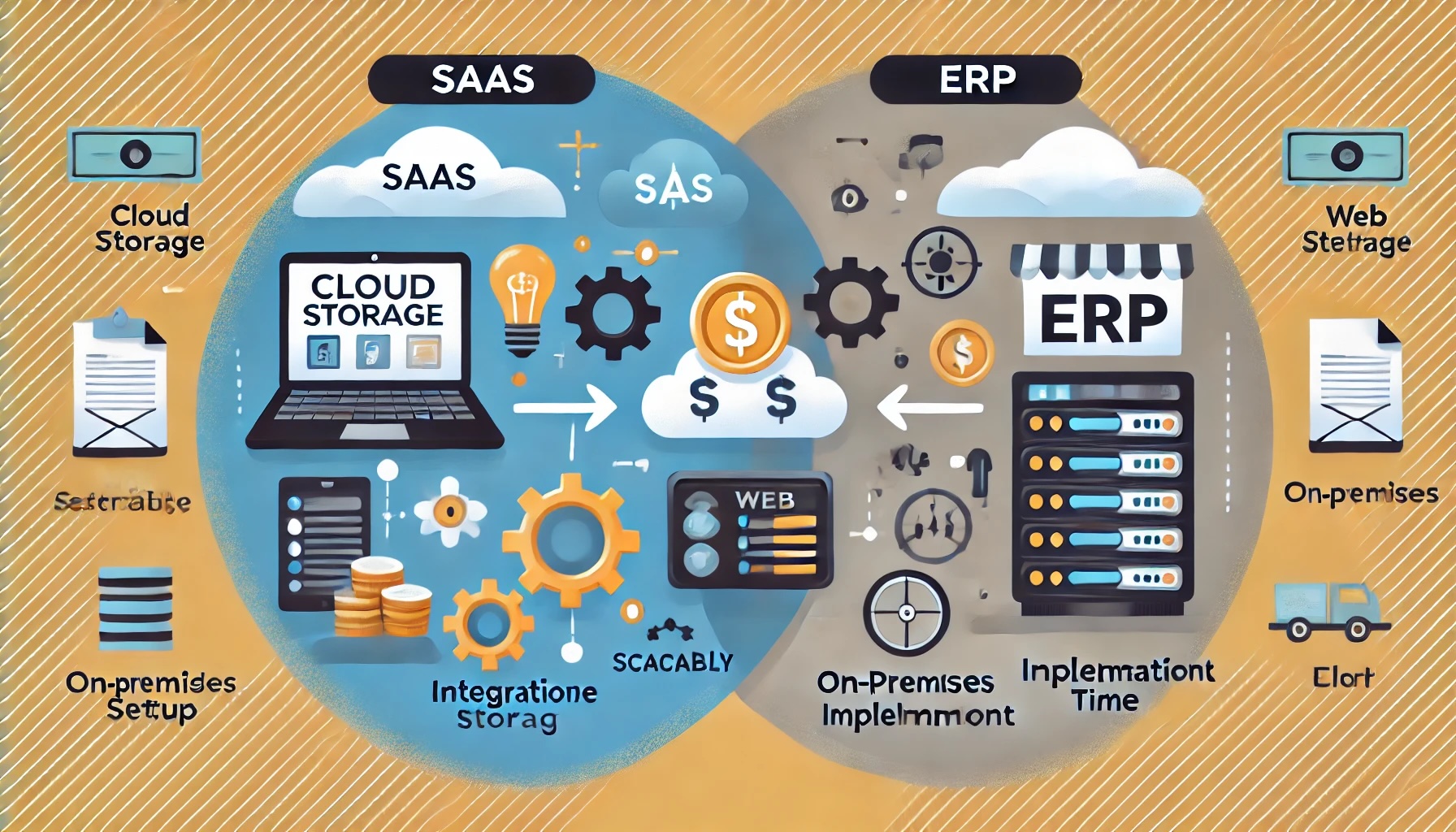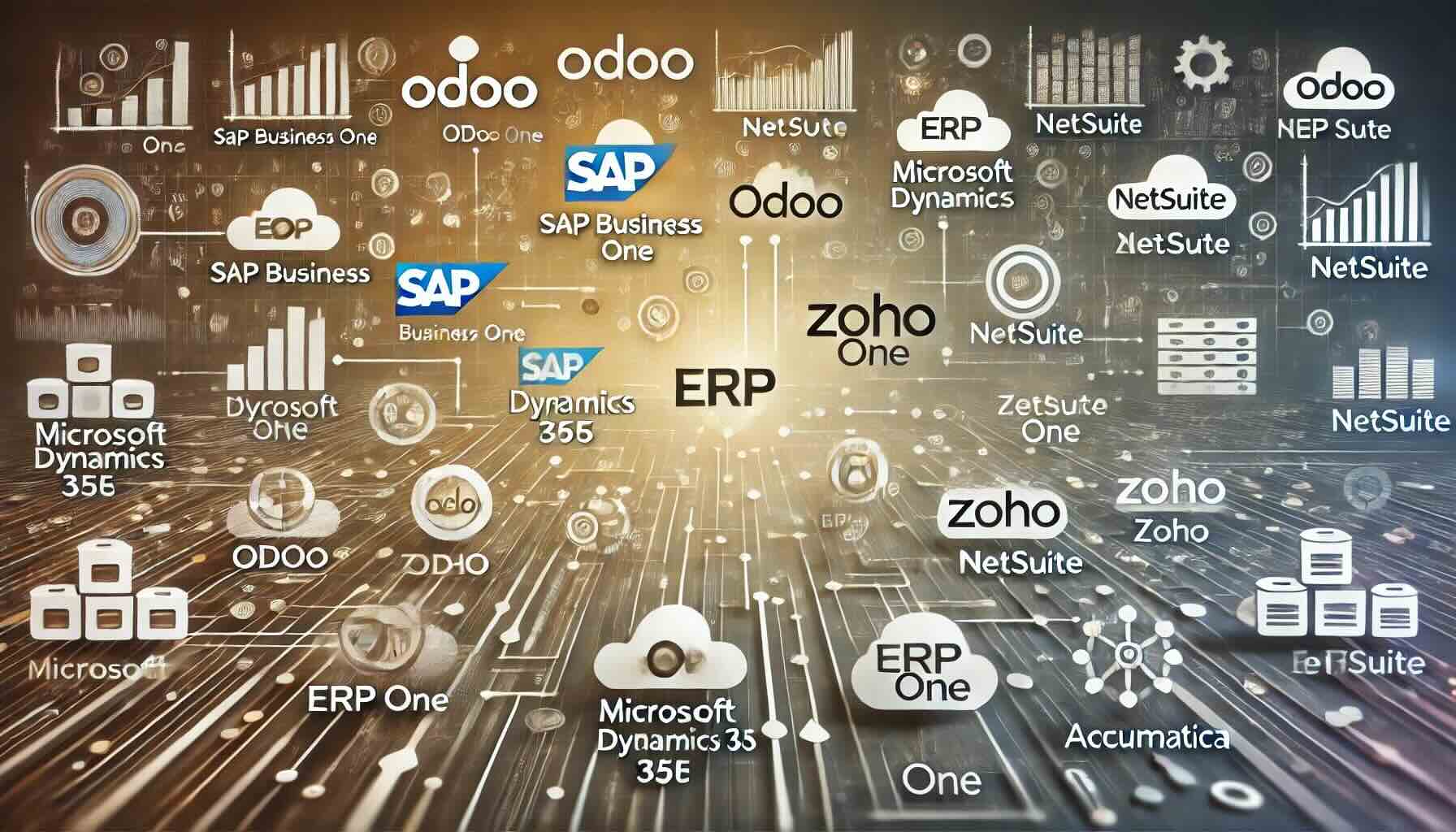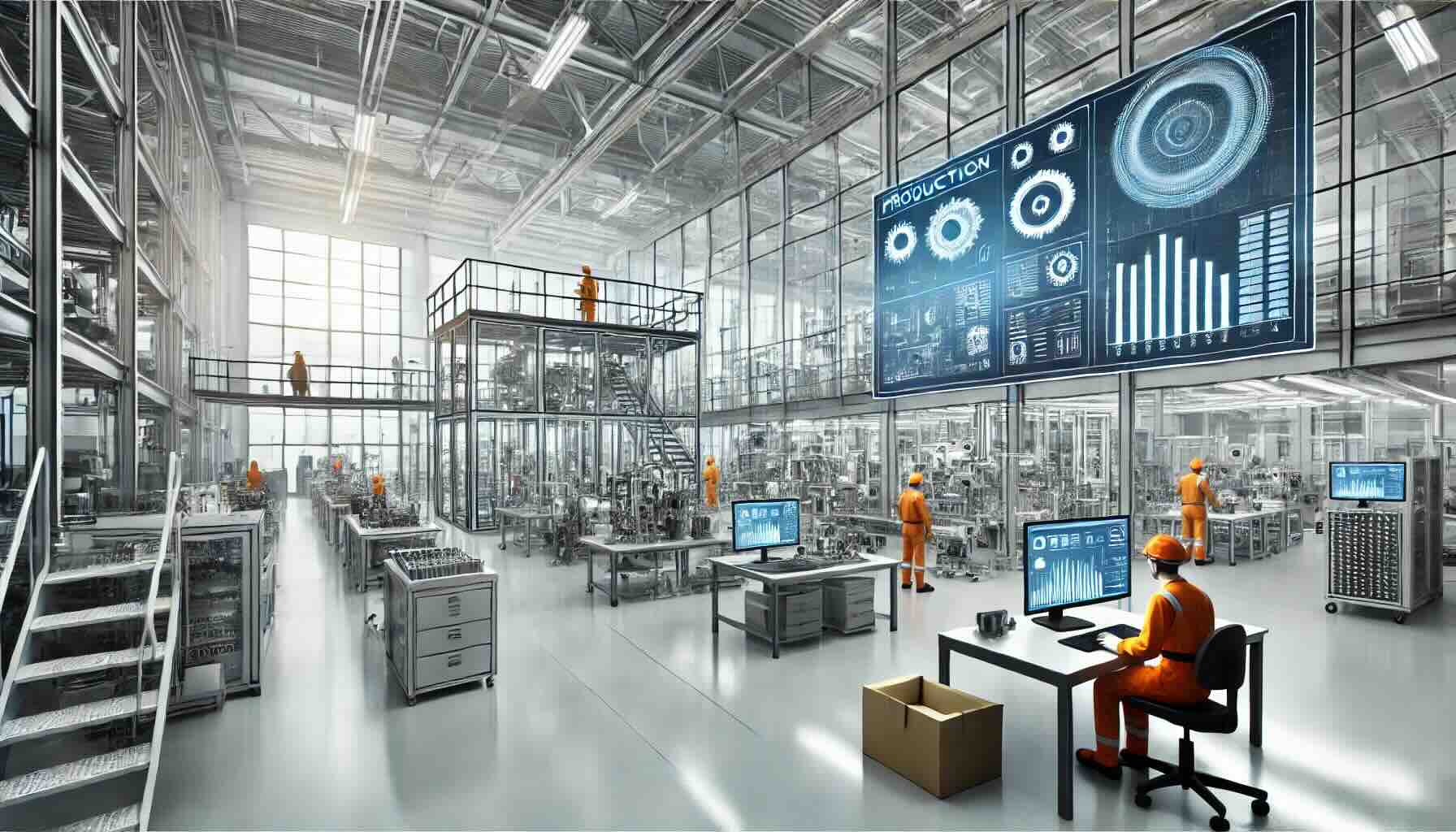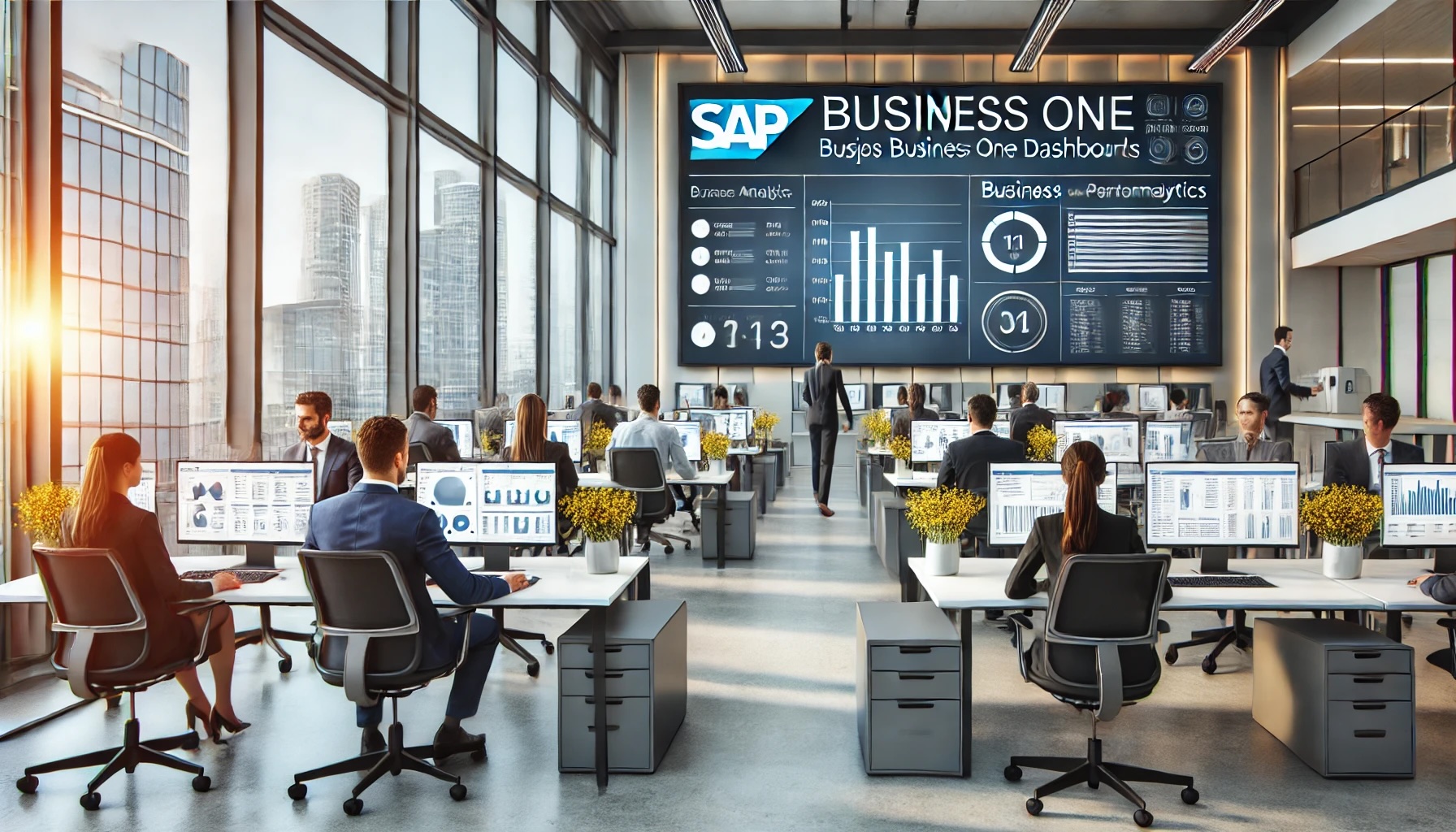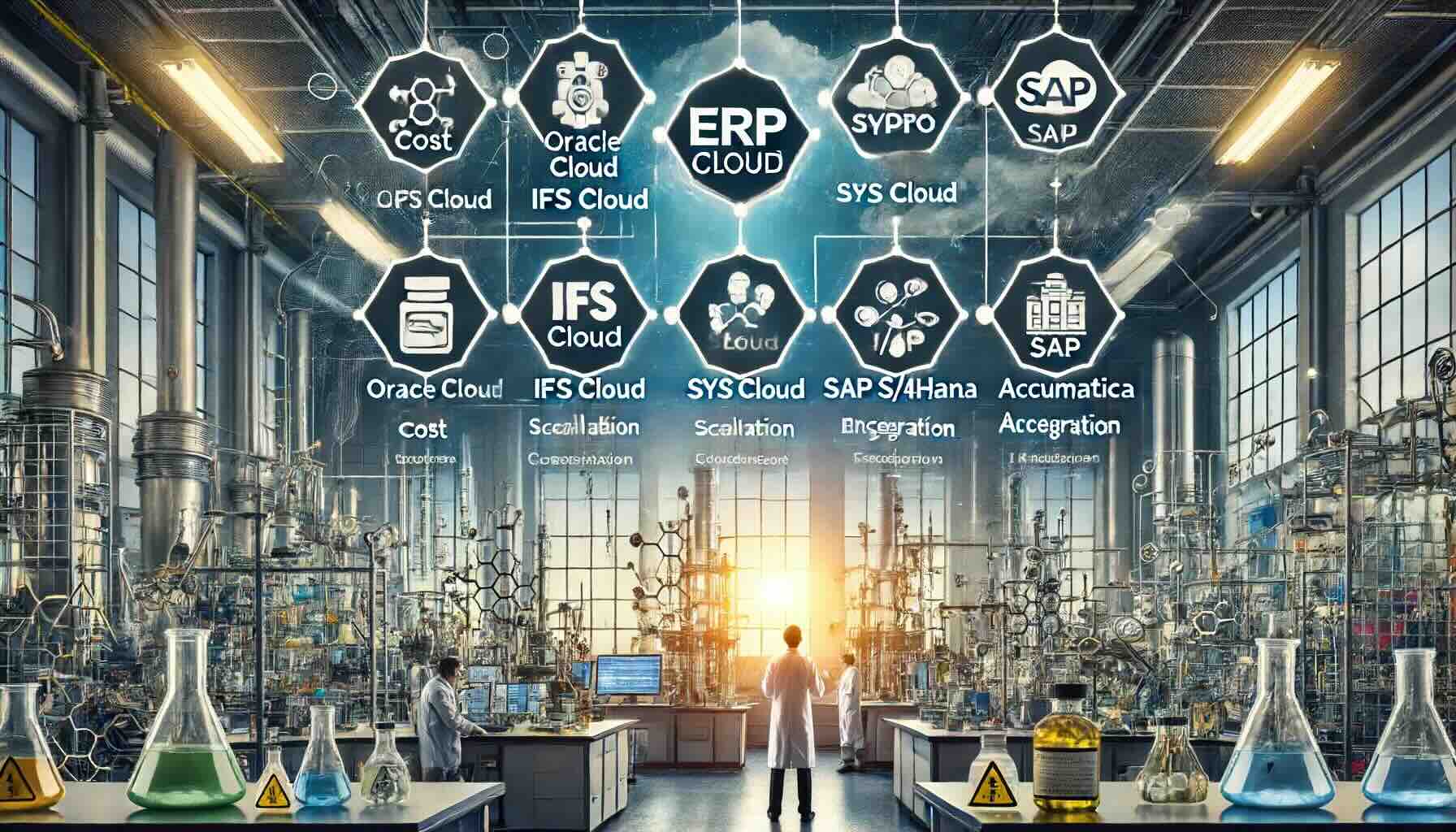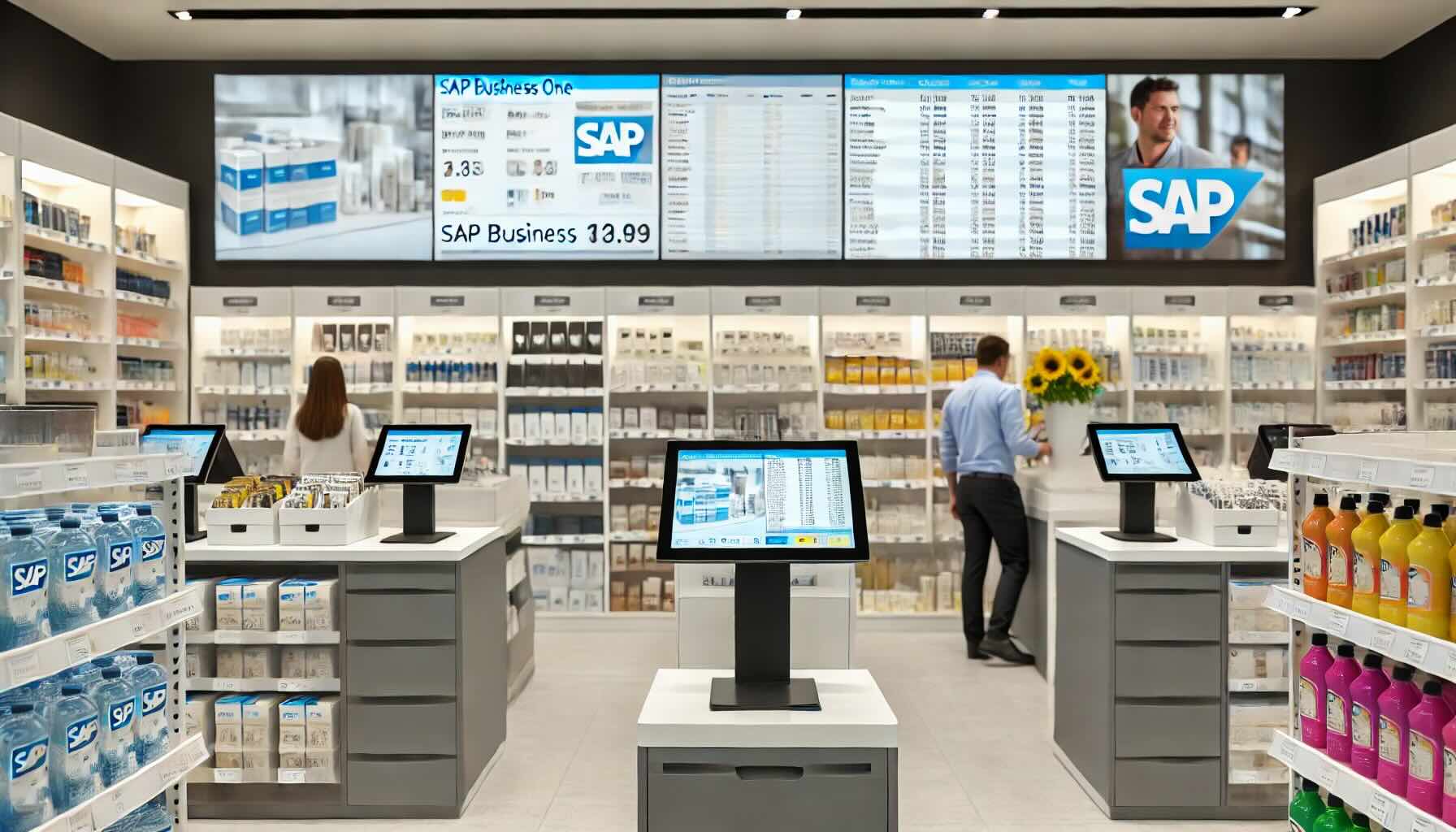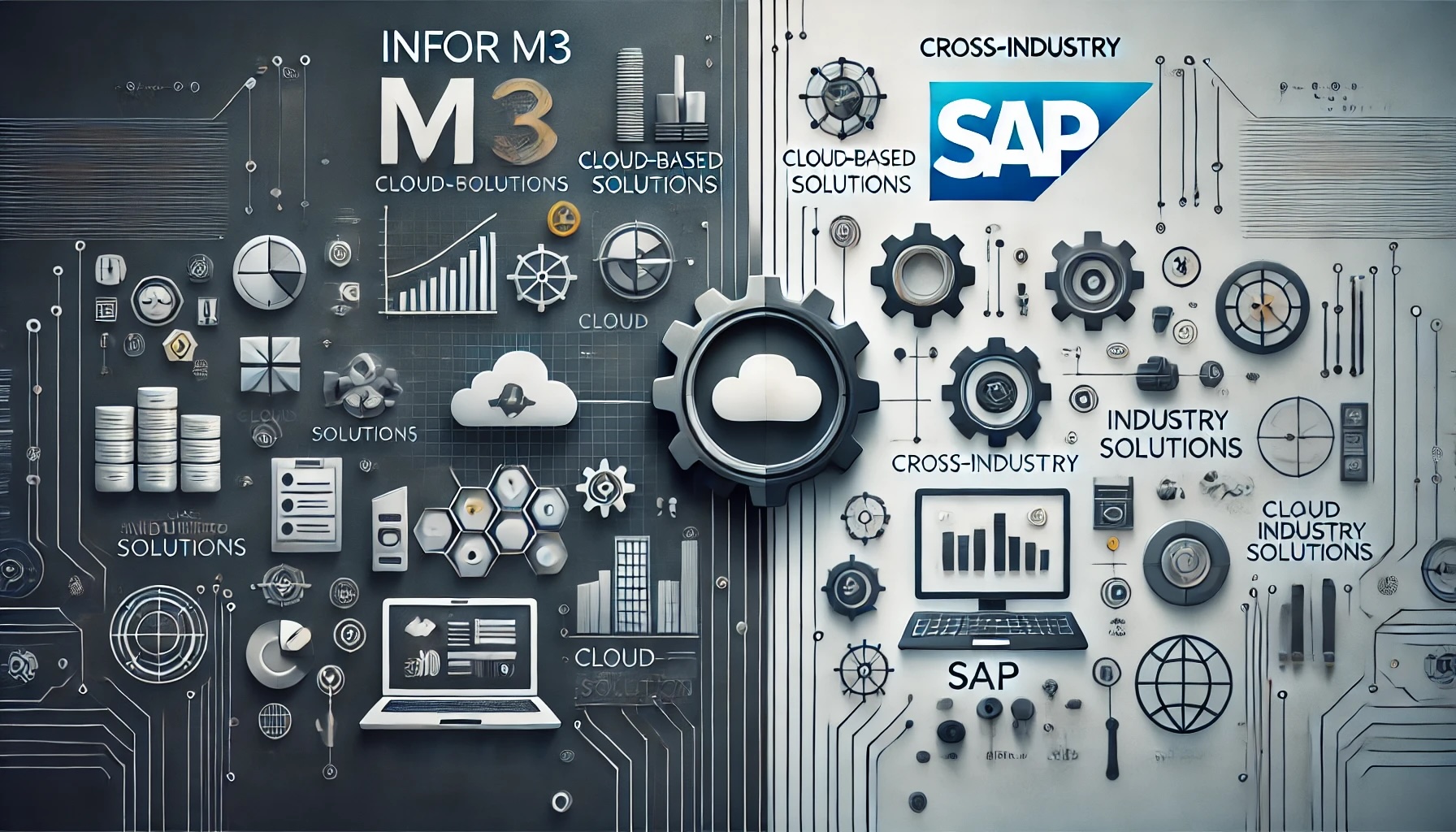Cloud-Based ERP Solution: The Future of Business Management

In today’s fast-paced and digitally-driven world, businesses are increasingly adopting innovative solutions to streamline operations, improve efficiency, and maintain a competitive edge. One such innovation that has transformed the business landscape is the cloud-based ERP solution. As organizations move toward greater digitization, understanding the benefits, functionalities, and applications of cloud-based ERP systems is critical for staying ahead.
Popular Cloud-Based ERP Solutions
1. NetSuite by Oracle
NetSuite is a leading cloud ERP solution, widely known for its comprehensive suite of tools and robust functionality.
- Pros: Highly scalable, comprehensive, customizable.
- Cons: High cost, complex implementation.
- Best For: Medium to large enterprises in retail, wholesale, and professional services.
To find out more about NetSuite you can visit this link.
2. SAP Business ByDesign
SAP Business ByDesign is an ERP solution tailored for mid-sized businesses.
- Pros: Pre-configured industry processes, real-time analytics.
- Cons: Limited customization, higher licensing fees.
- Best For: Manufacturing, distribution, and service industries.
To find out more about SAP Business ByDesign you can visit this link.
3. Microsoft Dynamics 365
Microsoft Dynamics 365 offers ERP and CRM capabilities in a flexible platform.
- Pros: Deep integration with Microsoft products, AI-driven insights.
- Cons: Expensive as features scale, complex to implement.
- Best For: Businesses using Microsoft tools, such as retail and healthcare.
To find out more about Microsoft Dynamics you can visit this link.
4. IFS Cloud
IFS Cloud is an industry-specific ERP solution for asset-intensive businesses.
- Pros: Great for field service, asset management, and scheduling.
- Cons: Requires a steep learning curve and in-depth training.
- Best For: Energy, utilities, and aviation industries.
To find out more about IFS you can visit this link.
5. Odoo
Odoo is an open-source ERP platform with customizable modules.
- Pros: Cost-effective, highly customizable.
- Cons: Requires technical expertise for customization.
- Best For: Small to mid-sized businesses in e-commerce and retail.
To find out more about Odoo you can visit this link.
6. Acumatica
Acumatica is a flexible, cloud-native ERP solution built for small and mid-sized businesses.
- Pros: Unlimited users, industry-specific modules, robust reporting.
- Cons: Licensing can be expensive for advanced features.
- Best For: Service-oriented industries, construction, and manufacturing.
To find out more about Acumatica you can visit this link.
7. Workday
Workday is a powerful cloud ERP solution specializing in HR and financial management.
- Pros: Excellent for talent and workforce management, strong analytics.
- Cons: High costs, limited suitability for complex manufacturing needs.
- Best For: Enterprises in education, healthcare, and professional services.
To find out more about Workday you can visit this link.
8. Sage Intacct
Sage Intacct is a financial management-focused ERP solution.
- Pros: Strong accounting tools, scalable for medium and large businesses.
- Cons: Limited features outside financial management.
- Best For: Finance-focused businesses and non-profits.
To find out more about Sage Intacct you can visit this link.
9. Infor CloudSuite
Infor CloudSuite is designed for specific industries like manufacturing, healthcare, and hospitality.
- Pros: Industry-specific features, great integration with other Infor tools.
- Cons: Implementation can be complex, steep learning curve.
- Best For: Manufacturing, healthcare, and hospitality businesses.
To find out more about Infor you can visit this link.
10. Epicor ERP
Epicor is designed for manufacturers and distributors.
- Pros: Excellent inventory and production planning tools, strong reporting.
- Cons: Requires technical expertise for setup.
- Best For: Manufacturing and supply chain-heavy businesses.
To find out more about Epicor you can visit this link.
Conclusion
With so many cloud-based ERP solutions available, businesses have the opportunity to select a system tailored to their unique needs. From small businesses seeking affordability and simplicity to large enterprises requiring robust and scalable solutions, the options cater to diverse industries and business models.
The key to success lies in identifying the features that align with your goals, understanding the pros and cons of each solution, and planning for a seamless implementation. By investing in the right ERP system, you can unlock greater efficiency, enhance decision-making, and position your business for sustained growth in today’s competitive marketplace.
Ready to Transform Your Business?
Implementing the right ERP system could be the game-changer your business needs. With our AI-powered Compare ERP tool, you can effortlessly explore and compare solutions tailored to your unique business needs. It’s free to use, and you’ll receive a guaranteed discount on your first year’s license fees with a referral from Compare ERP. Take the first step toward streamlining your processes and boosting productivity and start comparing today!
